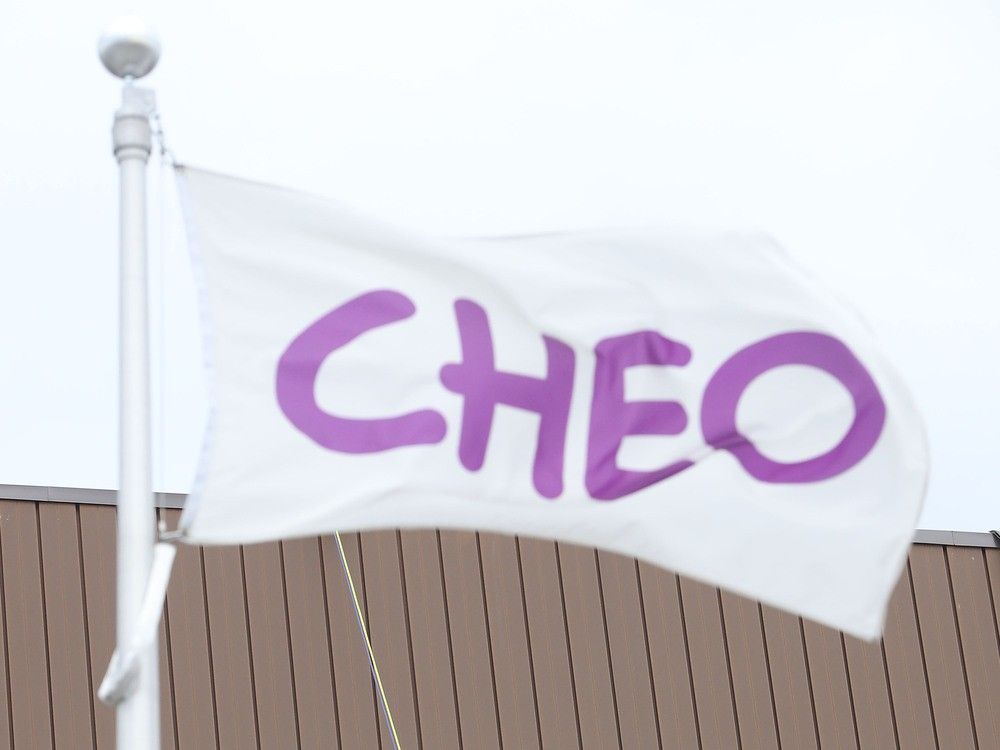CALGARY – South Bow Corp. aims to gradually return its Keystone pipeline to normal operations next year, as the system continues to run at reduced pressure following an April spill in North Dakota.
Chief operating officer Richard Prior says the company has seen no evidence of a systemic issue with the Alberta-to-Texas network after the six in-line inspections and 37 integrity digs it’s done.
A segment of the pipeline ruptured this spring and released more than 556,000 litres of oil onto farmland.
South Bow says the costs related to the spill have totalled US$55 million and are largely expected to be recovered through insurance by early next year.
It says a mechanical and metallurgical analysis has found the failure was from a fatigue crack along the pipe’s manufactured long-seam weld.
The release of a root cause analysis from the Pipeline and Hazardous Materials Safety Administration has been delayed by the U.S. government shutdown.
“I anticipate that the Keystone pressure restrictions will eventually be lifted in a phased manner. We’re proactively sharing with PHMSA the results of all investigative work being performed with the goal to safely return Keystone to baseline operations in 2026, ahead of when market differentials are expected to widen and demand for uncommitted capacity increases,” Prior told an analyst conference call Friday.
South Bow is expecting crude oil supplies out of Western Canada to grow modestly throughout 2026 and remain below available pipeline capacity. That means demand is expected to be low for space on Keystone that hasn’t already been locked down through long-term contracts.
South Bow was spun off from pipeline giant TC Energy last October. The transition is expected to be finalized by the end of this year, almost a full year ahead of schedule, said CEO Bevin Wirzba.
“The team has successfully managed several priorities while establishing South Bow as a stand-alone entity,” Wirzba told analysts.
“And I’m pleased — maybe even a little relieved, if I’m honest — to say that we are now fully focused on our future strategic priorities of growing our business and enhancing our overall competitiveness while ensuring safe operations, financial strength and capital discipline.”
The company had an average throughput of 584,000 barrels per day on its Keystone pipeline during the third quarter and 703,000 barrels per day on the U.S. Gulf Coast segment of the system.
An expansion to the Keystone system called Keystone XL was first pitched in 2008 and has been repeatedly killed and revived by successive U.S. administrations over the years.
U.S. President Donald Trump wants to see it revived, and Prime Minister Mark Carney has floated the prospect within the context of broader trade talks.
Wirzba told the conference call that South Bow is always looking at making the most out of investments it’s already made, but that the company hasn’t been involved in the Trump-Carney pipeline conversations.
“With respect to trade negotiations, to be honest, that’s way above our pay grade,” he said.
“We’re obviously watching and encouraged by the ongoing dialogue between Canada and the U.S., but I can’t really speak any more detail to what’s going on behind closed doors that we’re not a part of.”
Meanwhile, South Bow said construction on the 25-kilometre Blackrod project in the oilsands region of Alberta is complete and that it’s expected to come into service early next year.
Late Thursday, South Bow reported net income of US$93 million in its third quarter, up from US$61 million during the same period a year earlier. That amounted to 45 cents US per share in the quarter ending Sept. 30, up from 29 cents last year.
Revenue during the third quarter reached US$461 million, down from US$534 million during the same period a year earlier.
This report by The Canadian Press was first published Nov. 14, 2025.
Companies in this story: (TSX:SOBO)



